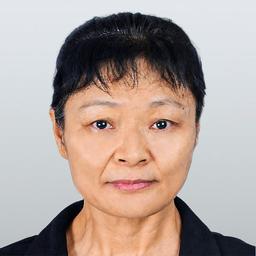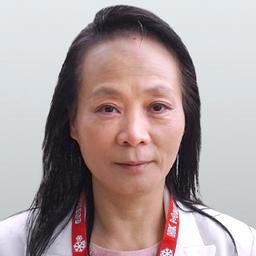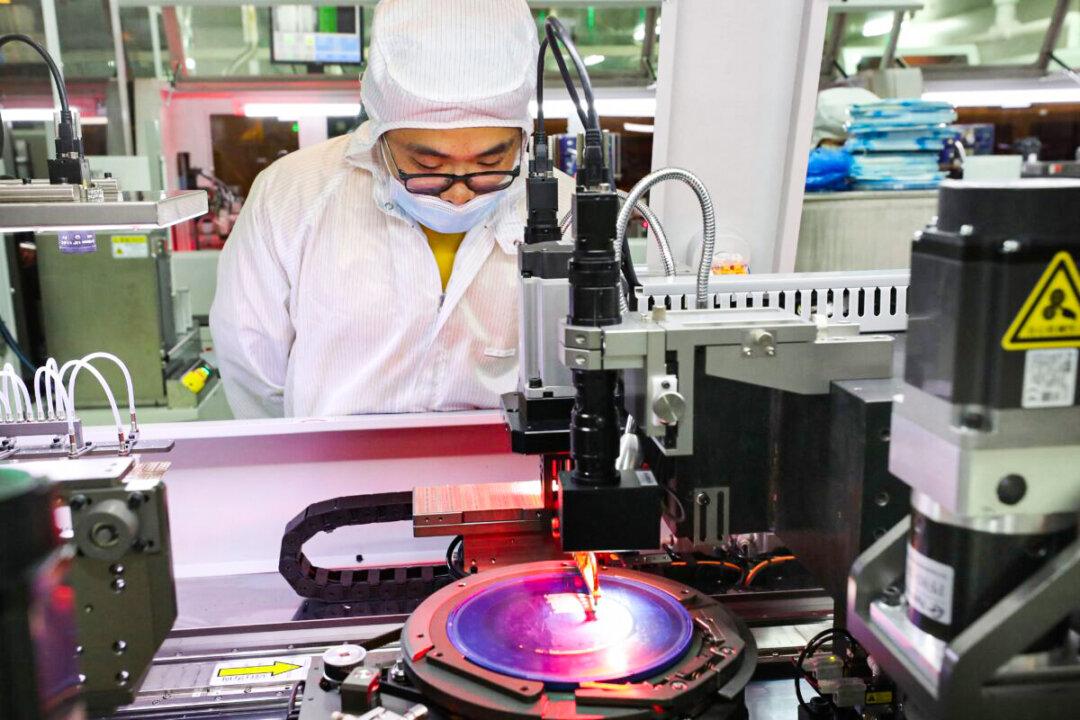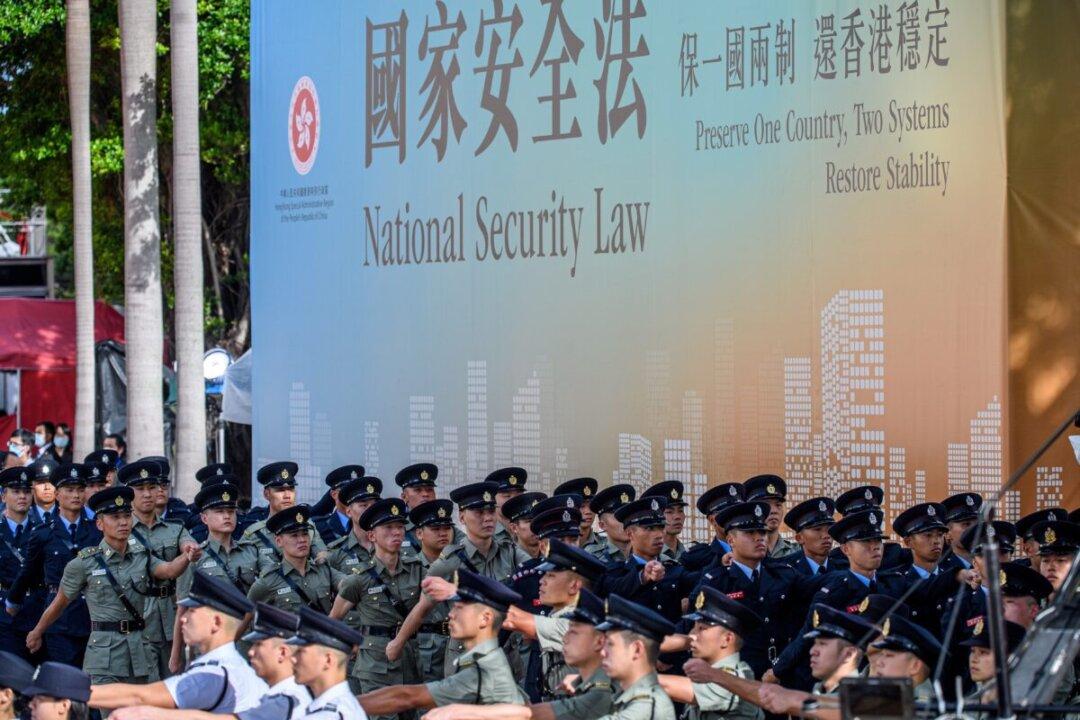Chinese internet giant Tencent, one of the world’s top 10 companies by market capitalization, has fully integrated itself with the Chinese Communist Party (CCP) by establishing 275 Party branches within it and cooperating with the Cyberspace Administration of China (CAC).
Tencent, along with Chinese technology giant Alibaba, are among the top 10 companies with the highest market capitalization in the world. As of March this year, Tencent ranked 7th among the world’s top 10 companies with a market capitalization of $753 billion, while Alibaba ranked 9th with $615 billion.






